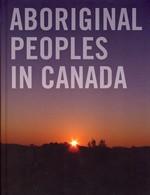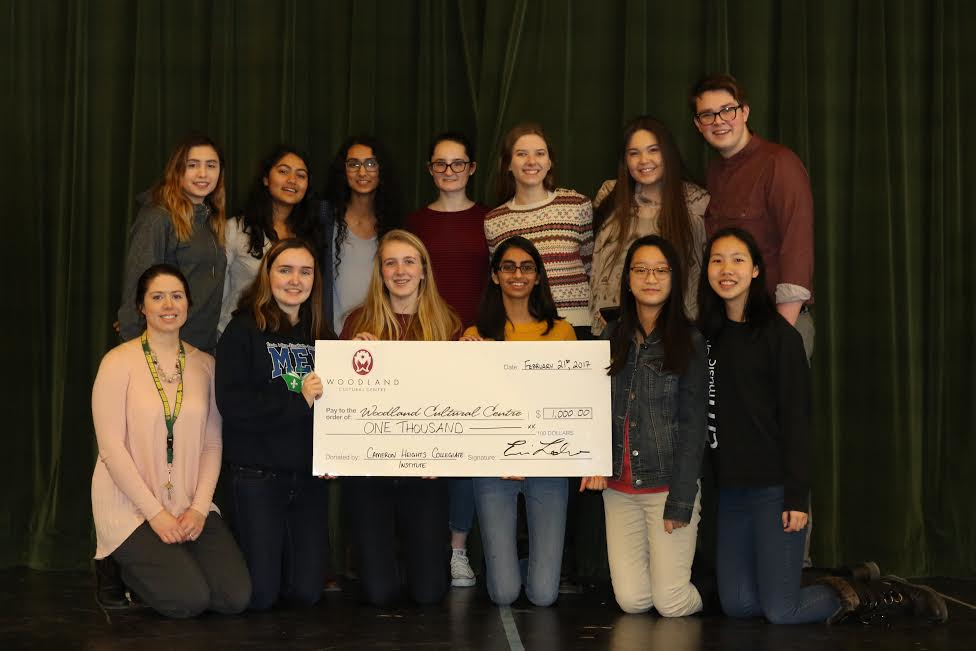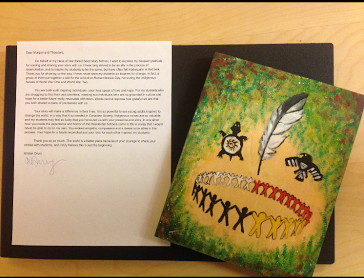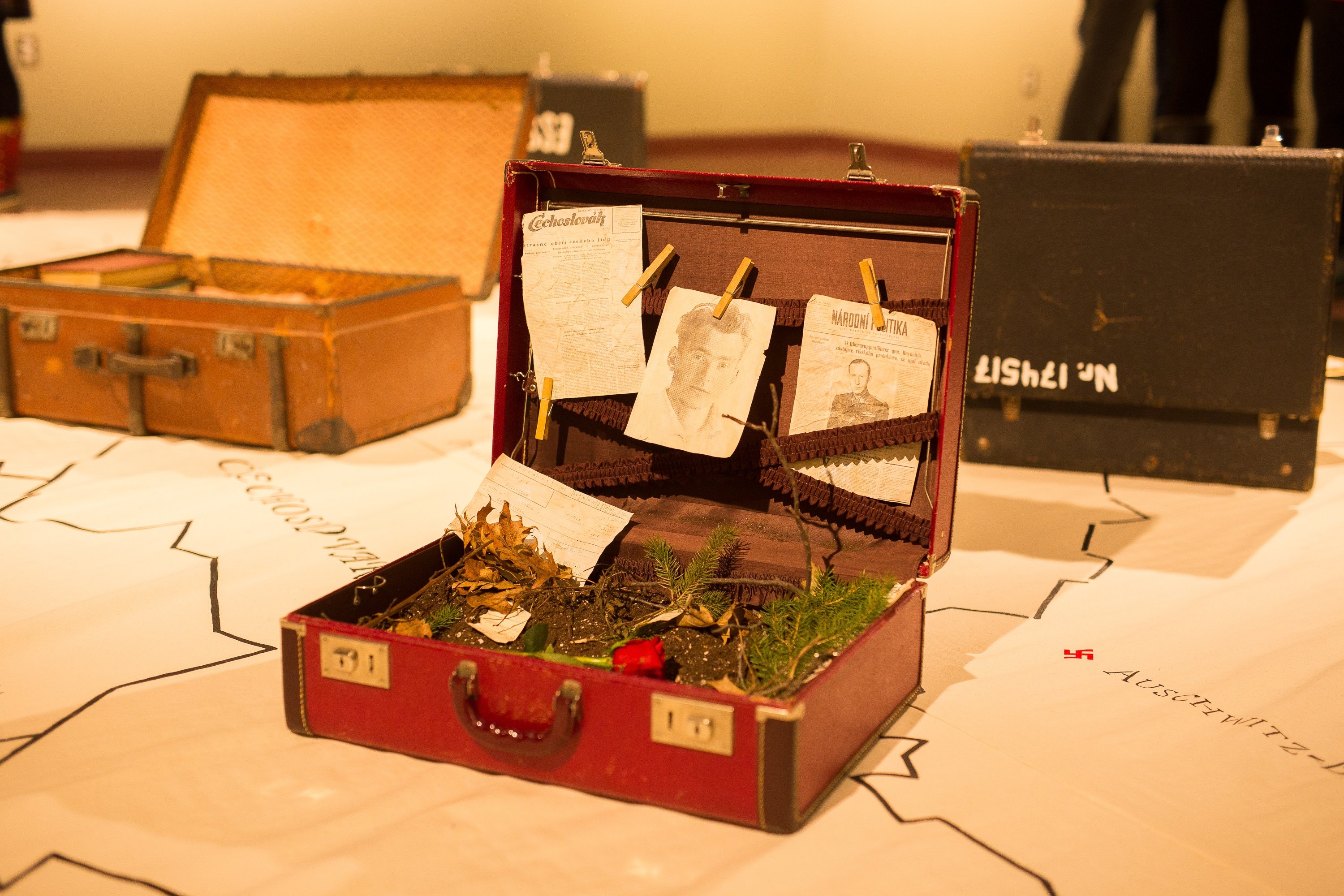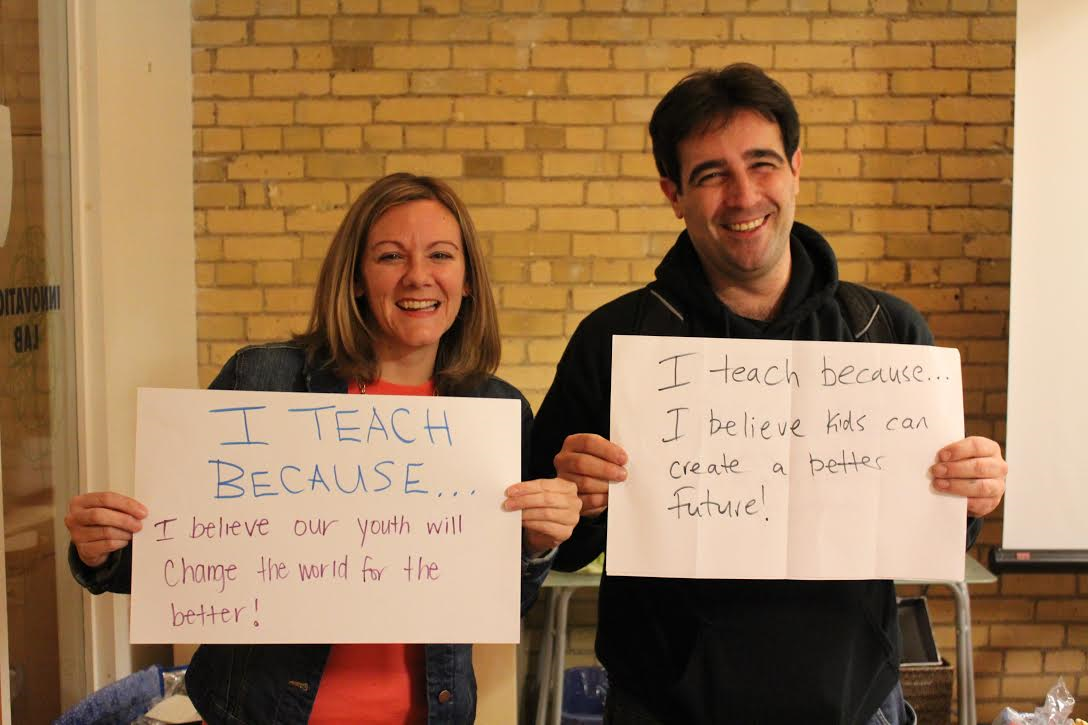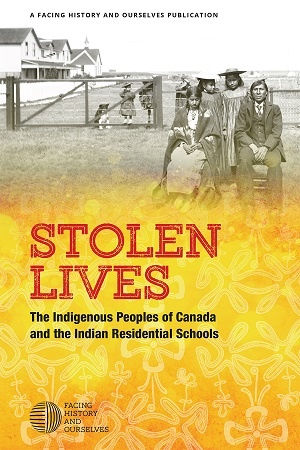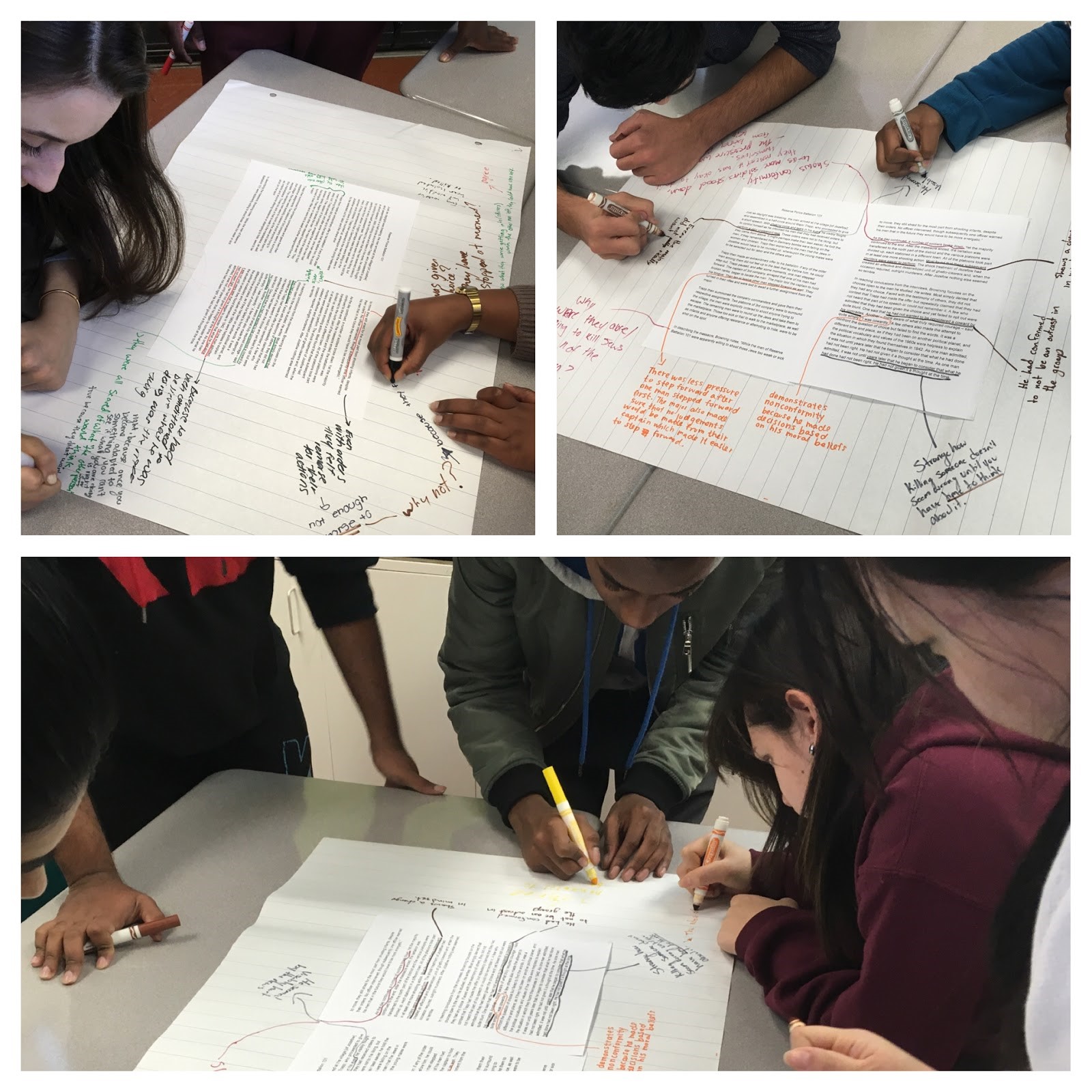My name is Angela Nardozi and I am a guest on Turtle Island (what we now call North America), with both sides of my family originating in Italy. I grew up in Markham, Ontario, where I attended Catholic Elementary and Secondary schools. I am a certified teacher, and have spent time living, working, and researching in a Treaty Three First Nation, and my experiences there have propelled me on the path to learn more about Indigenous perspectives on history and current events, and the history and present of colonization on Turtle Island.
Settler Educators Teaching Indigenous Perspectives and History
Posted by Angela Nardozi on May 29, 2017
Topics: Survivor Testimony, Residential Schools, Truth and Reconciliation, Indigenous History, stolen lives, settler educators
Students speak on Canada's dark history, confronting their own biases, and the need for reconciliation
Posted by Audrey Scanlan Hannah Clark Emma Howey on May 15, 2017
Topics: Student Voices, Residential Schools, stolen lives, facing history pedagogy
Apathy to Action: Survivor Testimony kindling students' hopes for Reconciliation
Posted by Kristen Drury on April 18, 2017
In order to pursue a conversation about reconciliation in my classroom, and to ensure that my voice as a non-Indigenous teacher does not become louder than the survivors, I constantly strive to include Indigenous voices in my classroom. I want my voice to amplify Indigenous voices, not speak over them, or for them. I was fortunate enough to be given the opportunity through Facing History and Ourselves to have Theodore Fontaine share his experiences with the Canadian Residential School System in my Challenge and Change Grade 12 University class.
Topics: Choosing to Participate, Survivor Testimony, Truth and Reconciliation, stolen lives
Beyond Anne Frank: Using an arts-integrated approach to explore victim experiences during the Holocaust
Posted by Michael Pitblado on March 24, 2017
The students in my Genocide and Crimes Against Humanity course gained new and meaningful perspectives on what life was like for those targeted for extermination by the Nazi regime by creating a unique and innovative art exhibition that explored the lives of young victims of the Holocaust.
Topics: Art, Identity, Holocaust, Salvaged Pages, Genocide and Crimes Against Humanities Course, Inside a Genocide Classroom, Anne Frank
Facing History Teachers Answer the Question: Why do you teach?
Posted by Facing History and Ourselves Canada on February 22, 2017
Topics: Students, Teaching, Facing History and Ourselves, Teachers, Holocaust and Human Behavior, Holocaust Education, CHG, CHC
“Kim Kardashian published a book of them, Russia banned them, and at the Oscars last year Ellen took the most liked one of all time: Selfies. And love them or hate them, there’s no denying the impact their proliferation has had on modern society.” When I came across this statement in a magazine (Elle: Selfie Culture and Female Identity), I for the first time, appreciated the value of a ‘Selfie.’ Indeed, a Selfie can shed light on attitudes, values, allegiances, cultures, and pursuits – and all of this in a tiny, square screen.
Cultural Genocide in Canada: Challenging institutionalized racism and moving towards Reconciliation
Posted by Kristen Drury on February 14, 2017
One of the reasons why I love teaching is that I can open students’ eyes to injustices that exist today - injustices like the missing and murdered Indigenous women - and the ways in which they can promote change. The grade 12 Challenge and Change course provides the ideal opportunity to raise these issues, and Facing History’s approach, strategies, and readings give me the tools to authentically engage students.
Facing History Together Student Essay Contest
Posted by Facing History and Ourselves Canada on February 3, 2017
Welcome to the 2017 Facing History Together Student Essay Contest
Making Choices in Today's World
Facing History and Ourselves teaches us to think about the world in new ways, igniting conversations about how we can build societies free from racism, antisemitism, bullying, and hatred of all kinds.
Topics: Facing History Together, Holocaust, Holocaust Education, Essay Contest
Remember the Holocaust Today, and Everyday
Posted by Facing History and Ourselves Canada on January 26, 2017
On International Holocaust Remembrance Day, and indeed everyday, it is important to remind ourselves of how important it is that we learn about the Holocaust and hear the stories of Holocaust survivors.
Topics: Holocaust, Holocaust and Human Behavior, Canada, Holocaust Education, genocide
Addressing Roots of Human Hatred: A Psychological Study on Conformity, Obedience and Behaviour
Posted by Mike Elias on January 16, 2017
Why do troubled times so often bring out hatred in humanity? In both Canada and the United States over the past few years there has been much xenophobic rhetoric spread around in light of numerous global crises. During the 2015 Canadian and 2016 American elections we saw candidates in both countries “other” identifiable or vulnerable members of society using hateful language and often using them as scapegoats for social and economic problems, all while claiming to speak for the will of those they purport to be the “silent majority”. Furthermore, we saw large groups joining the “unsilent majority” through the use of social media to spread hate, join xenophobic movements and rallies, commit hate crimes and even acts of violence. Those who criticized this movement drew many parallels between the social climate and dialogue of today to that of Nazi Germany. As educators we felt it necessary to attempt to address this recurring phenomenon.
Topics: Choosing to Participate, Holocaust and Human Behavior, Canada, American History, Canadian History, Bystander, current events, Upstander, big paper, CHG, HSP

